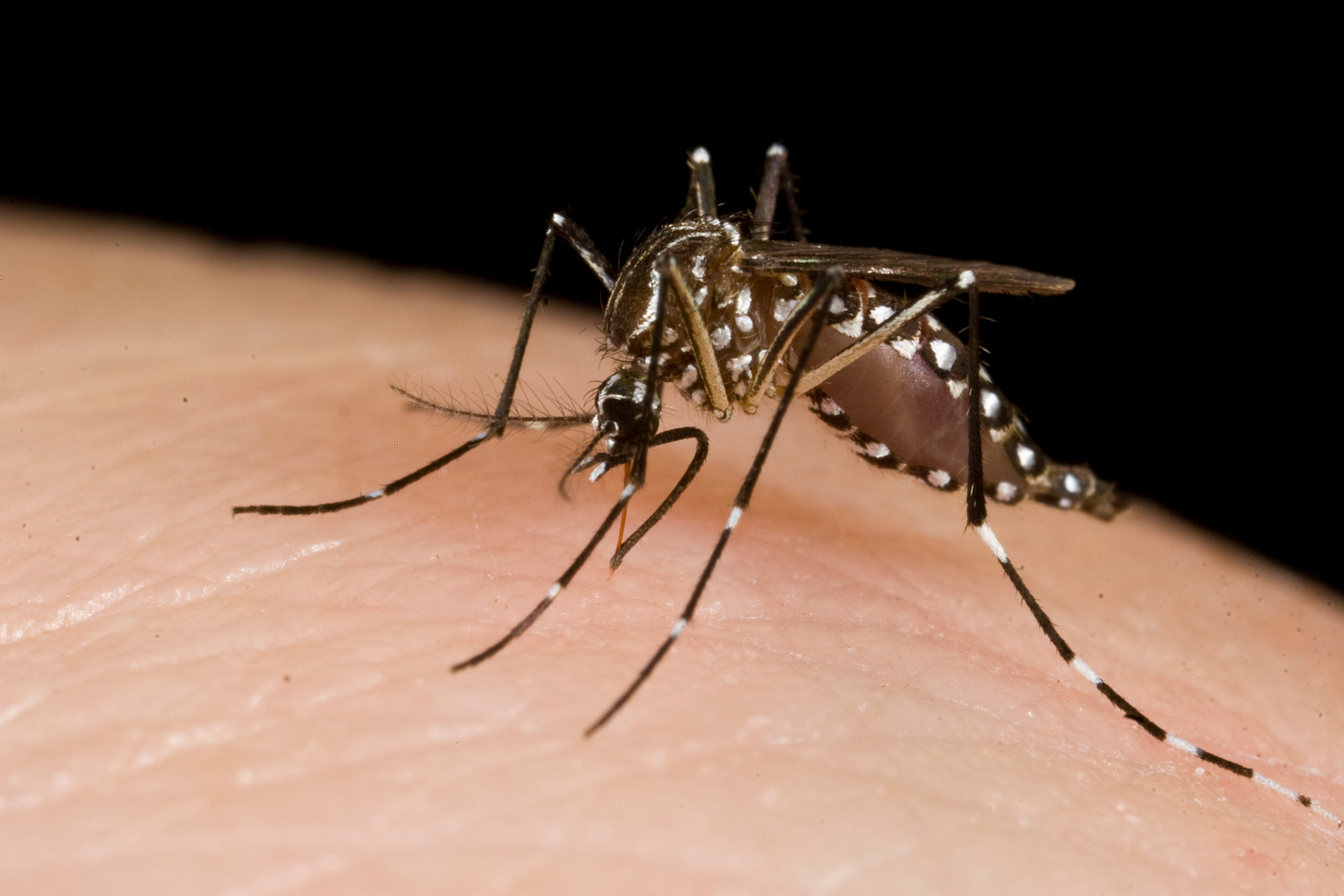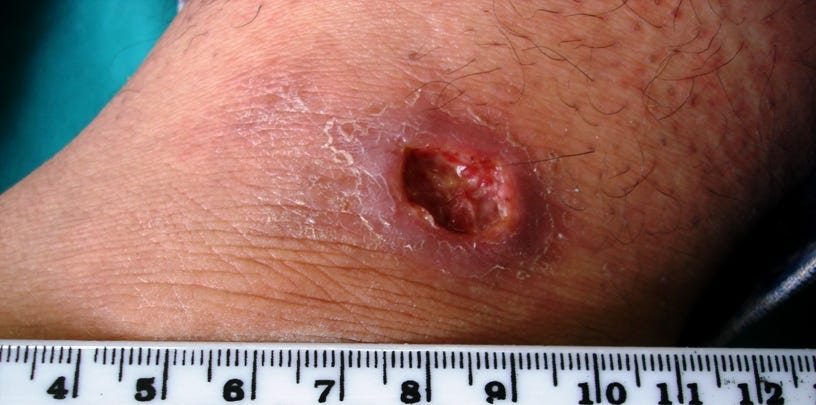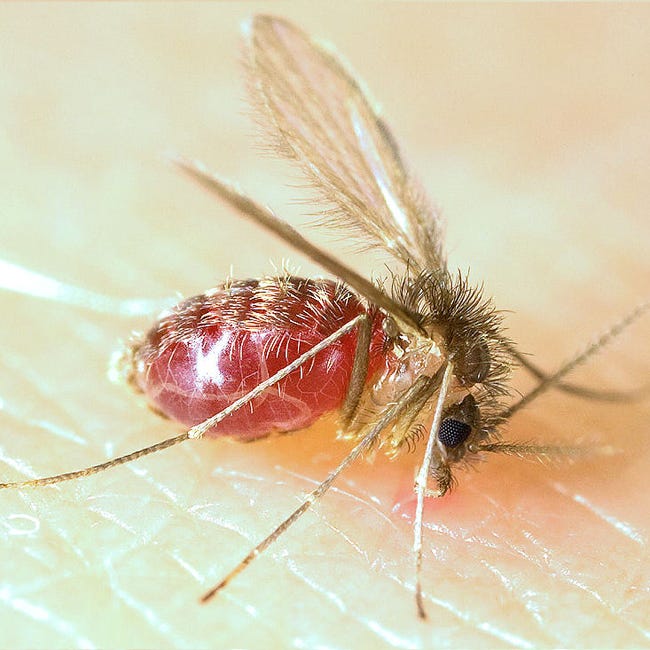Why is talking about the environment becoming toxic?
The re-emergence of neglected tropical diseases in mainland Europe is a warning we should not ignore
Elections are looming in several countries and increasingly a political football that seems to get chucked around are the thorny topics of the environment and pledges for transition to net zero. Several politicians have suggested its unnecessary and yet failure to address these matters is bad for our health and our economy.
Politics and Climate Change
Record-breaking temperatures and extreme weather events were seen across the world last year and we are currently seeing extreme temperatures in some countries. Despite how apparent climate change is, there is frank denialism in some quarters and polarisation of views between for example Republican and Democrat -leaning voters in the United States. It is less marked in the UK and EU but for example approximately 40% of voters for more left wing parties are “very” to “extremely” worried about climate change, compared with only 26% of people voting for more conservative parties. More worryingly pledges to role back or eradicate net zero/climate change policies have been increasing.
Climate change- a threat to infection
A recent paper has put together 42 indicators showing just how many detrimental impacts climate change is having on our health. Its not just extreme heat being immediately threatening its also the very real risk that climate change has on risks of infections. In Europe, the hotter and wetter weather is enabling vectors such as mosquitos and sand flies that can transmit a host of deadly disease to emerge and thrive. There are several species of mosquitos that can spread range of infections including malaria, dengue fever and west nile fever to name but a few. Some infections have been steadily increasing over time in Europe such as dengue fever. Others, like malaria were largely eradicated (with the exception of imported infections via travellers). The changing conditions are favouring the mosquitoes that can transmit these infections enabling them to populate new areas and breed for longer periods.
You may not have heard of Leishmaniasis - it is a serious life threatening condition caused by Leishmania parasites and transmitted by the bite of a species of sandfly. Akin to mosquitos- the females of the species are the deadly infection bearers. Leishmania most commonly affects our skin causing cutaneous leishmaniasis that causes sores that can result in severe scars. Less commonly, it can also affect the whole body causing visceral leishmaniasis which can be deadly. It is endemic in parts of Europe although not very common compared with other parts of the world. However, modellers estimate that it will become more common and more widespread making it likely to emerge in countries such as Austria and Germany. These are just some of the vector borne-diseases that are set to increase but there are also very real risks from water-borne infections and infections that blight our crops and risk our food security.
Can our immune system cope with these emergent threats?
Unfortunately some of these infections like malaria are not things we can be immune to. Recent development in vaccines to malaria and dengue are a bonus. However, diseases such as leishmaniasis do not yet have a vaccine, drug resistance is increasing and progress to develop drugs to treat some of these conditions has lagged. Our immune systems also face increased challenges meaning we may be less able to fight these infections.
The incidence of malnutrition is increasing. Many of us perhaps associate the term malnutrition with famines however the definition of malnutrition is much broader. Malnutrition can refer to those who are overnourished as well as those who are undernourished. Malnutrition actually refers to a deficiency or imbalance in key nutrients from a healthy diet. Many are skipping meals or eating poor diets and its thought that around 3 billion people across the world are malnourished. Malnourishment is a major cause of immunodeficiency making people less able to fight infections. Pollution too negatively impacts our ability to deal with a host of infections. Unfortunately, many of us live in dangerously polluted areas as well as being malnourished. Finally, can our over-stretched health systems really cope with the extra strain of treating all these infections?
Tackling climate change should not be a political choice or a political football used to gain votes. It is a necessity and one we need to tackle now!





Thank you so much. A really interesting piece. I had never thought of malnutrition as an issue related to diet but the word does make it clear really. In addition I wonder how many of us don’t consider the broader concerns of climate change. It is particularly worrying that so many seem to have little to no concern for the planet and the people on it!